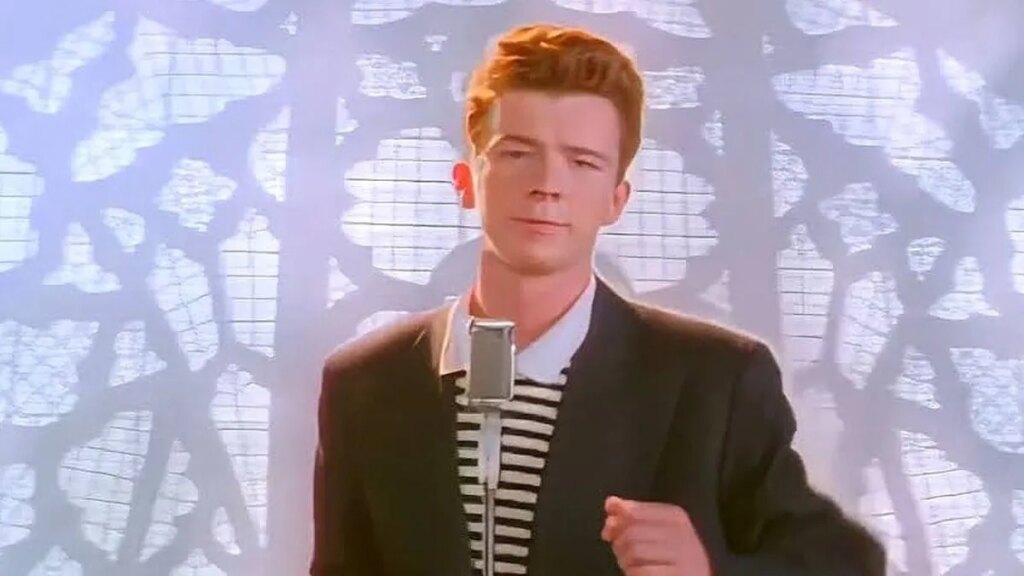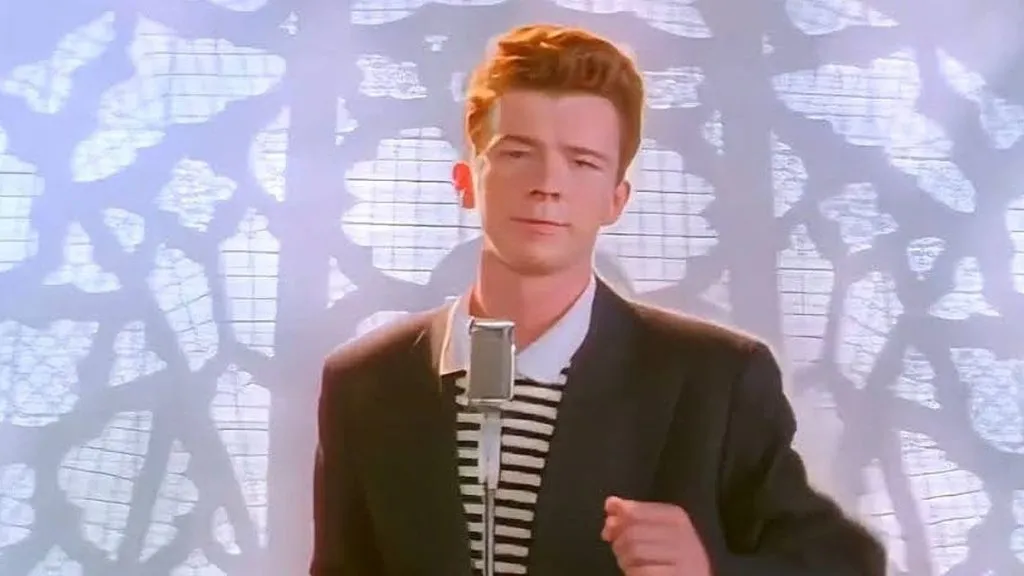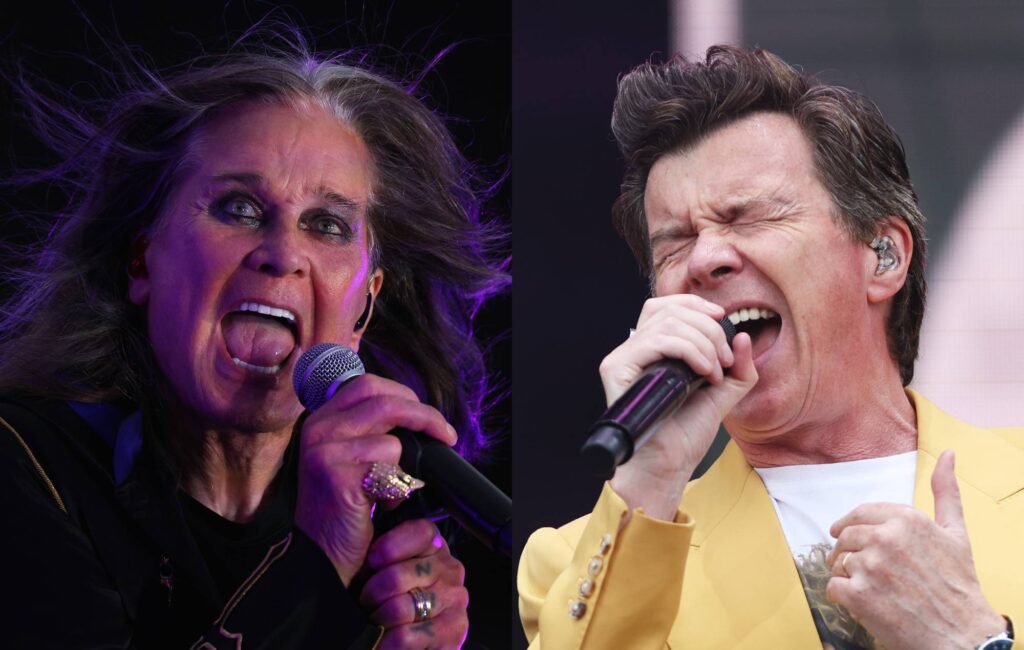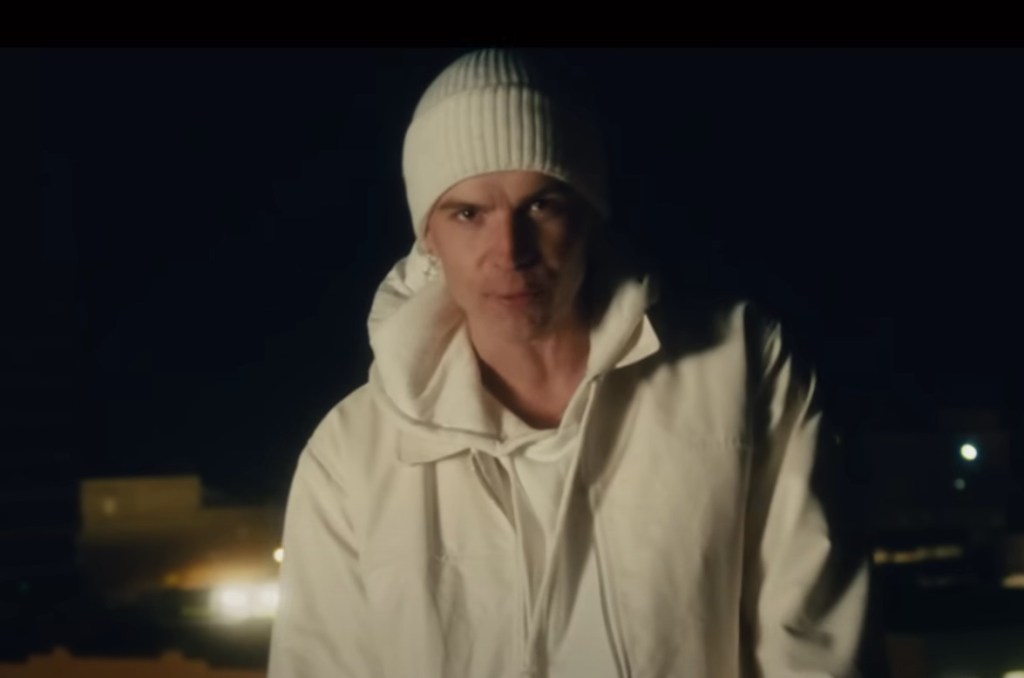Rick Astley’s “Never Gonna Give You Up” Joins Spotify’s Billions Club

Photo Credit: RCA Records
Rick Astley’s 1987 hit “Never Gonna Give You Up” has reached a new milestone—surpassing one billion streams on Spotify. The achievement comes nearly four decades after the track’s original release and is propelled by the internet phenomenon known as ‘rick rolling.’
“Never Gonna Give You Up” now joins the exclusive Spotify Billions Club playlist, a feat achieved by fewer than 1,000 tracks so far. Astley, 59, expressed his thanks to the public for the feat. “So who would’ve believed after all these years ‘Never Gonna Give You Up’ has had a billion streams on Spotify. How amazing. Thank you for listening and lots of love and I’ll see you all soon.”
Originally released as part of Astley’s debut album, Whenever You Need Somebody, the song topped charts in over 20 countries. It became a defining song of the late 1980s, with an infectious melody and upbeat lyrics. But that initial run of fame was short-lived compared to the new life the song found as an internet meme.
In the late 2000s, the “Never Gonna Give You Up” YouTube video became a prank. Known as ‘rick rolling,’ early internet users would post a link to YouTube (before previews were common) and say the link was something else. The bait-and-switch then tricked unsuspecting users into watching the song’s music video.
This rick rolling phenomenon was central to the song’s enduring popularity in the internet zeitgeist—where memes can become old after a few months’ use. The official music video on YouTube has amassed over 1.6 billion views on YouTube, far surpassing Spotify’s total.
But achieving the Spotify Billions Club honor is a testament to the enduring nature of the song beyond its use as a meme—many people simply love the track and its optimism. Spotify users are intentionally seeking out the song to listen, while the YouTube video may be shared simply to engage in a now decades-old internet prank.
When asked about the internet prank, Astley says he only views it in a positive light. He says he appreciates how internet users have kept the song relevant over the years while introducing it to new generations.
Link to the source article – https://www.digitalmusicnews.com/2025/06/03/rick-astley-never-gonna-give-you-up-spotify-billions-club/
-
100 NormanC Regal Black King, Drummer or Bugle Horn Player African American 15″ Nutcracker Holiday Decor ~ Choose Your Design (Bugle Horn Player)$47,00 Buy product
-
Gusnilo Guitar Tuner Pegs 1set 3l3r Grover-style Guitar Tuner Grover Tuners Head Gold$16,99 Buy product
-
Podcast Equipment Bundle,Audio Interface with All-In-One DJ Mixer and Studio Broadcast Microphone, with USB Adapter$67,48 Buy product
-
FINPAC Semi-Hard Carrying Case for AKAI Professional MPK Mini MKII & MK3 & MPK Mini Play | Alesis V Mini 25 Key USB MIDI Keyboard Controller Case with Cable Slot for Business, Travel (Black)$24,99 Buy product
-
Kala KA-15S Mahogany Soprano Ukulele$65,00 Buy product
-
Pyle 13” 3-Piece Kids/Junior Metallic Striped Yellow Matt Set with Throne, Cymbal, Pedal, Bass Drum, Tom and Drumsticks (PDRMKIT72N.5)$109,99 Buy product













Responses